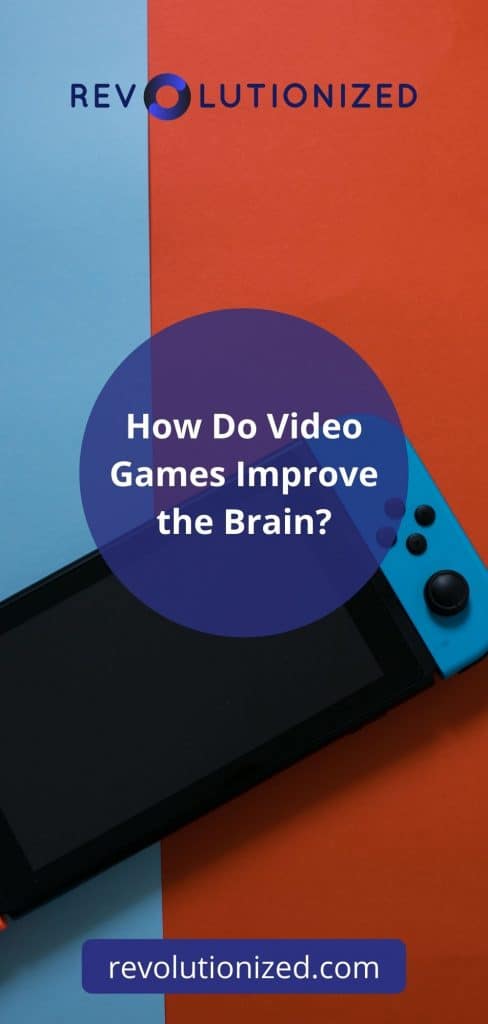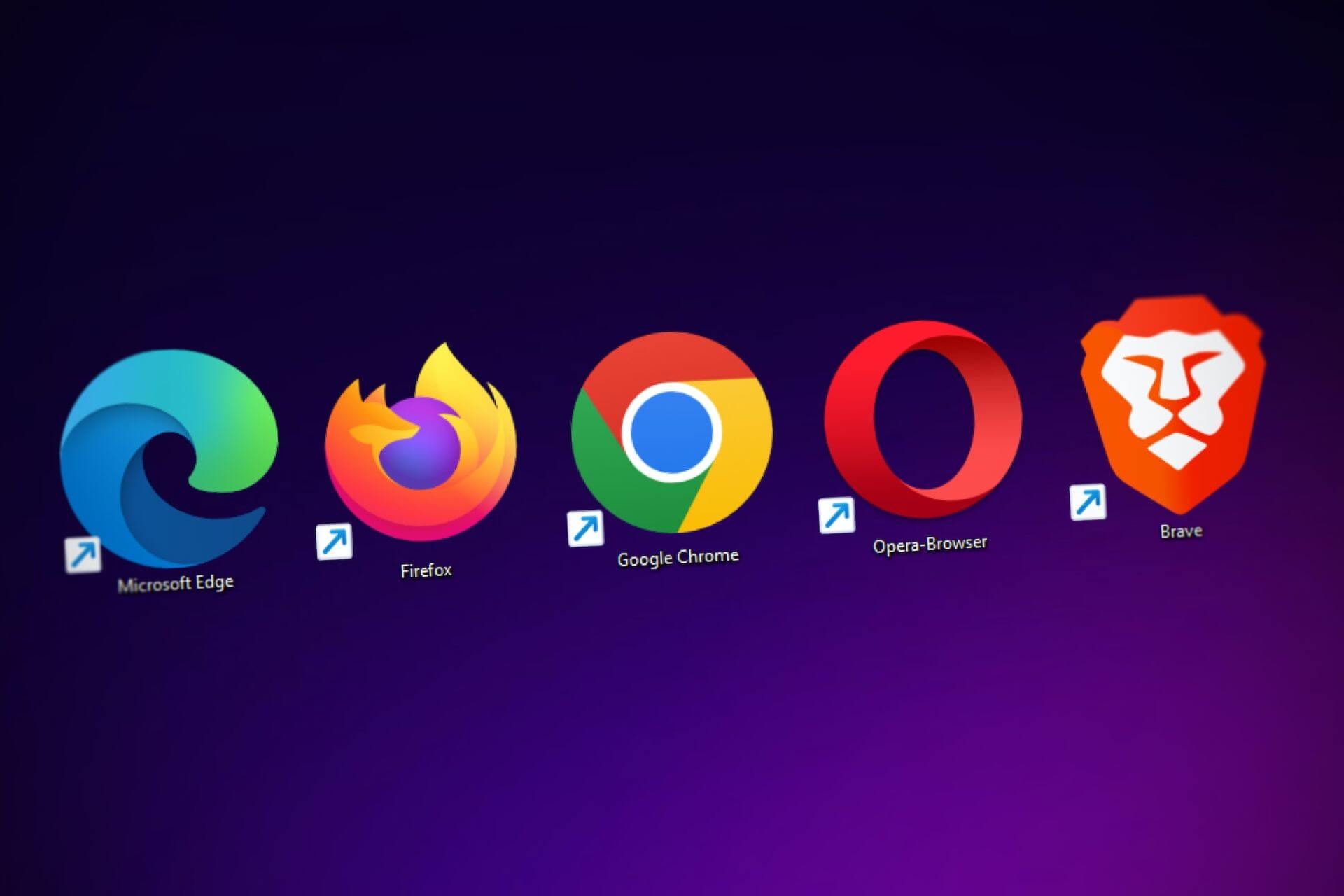
How Do Video Games Improve the Brain?
May 26, 2020 - Emily Newton
Revolutionized is reader-supported. When you buy through links on our site, we may earn an affiliate commision. Learn more here.
For most people, video games are an entertaining escape from reality, a way to decompress and relax after a hard day. Unfortunately, they have earned a lot of negative press. Whether they’re the good guy or the bad guy in your story, there hasn’t been a lot of science available to back up these claims until recently. Is there a benefit of gaming? More than 100 studies have been conducted that look at changes in behavior and the structure of the brain. What have these studies found and how can game science help improve the health of the human brain?
Benefit of Gaming: Level Up Gray Matter
Video games pride themselves on being action-packed, exciting and entertaining. Yet according to scientists, they could also be increasing the amount of gray matter in your brains. The insular cortex is a part of the cerebral cortex that doesn’t get studied very often.
One study compared the brains of 27 gaming professionals with those of 30 casual gamers. The professionals were all chosen because they were national or regional champions in real-time strategy games like “League of Legends” or “Dota 2.” By taking MRI scans of professional and casual gamers’ brains, researchers were able to see that the professionals had significantly more gray matter in their insular cortex than those that play more casually.
More gray matter means better connectivity between the brain’s cells. In theory, this can increase the speed of your thought processes and that, in turn, might lead to increased intelligence. That’s a far cry from the previous parental claims that video games rot your brain. As it turns out, they do just the opposite!
Video games aren’t the only activity that has this benefit. The same sort of increase in gray matter can also be found in people who participate in sports or the arts. However, for many, it is a much more entertaining way to improve their brain health.
Video Games Improve Hippocampus Health
Whether you’re playing “Fortnite” or something a little slower paced like “Dragon Age” that relies on strategy as much as combat, you’re going to be using your visuospatial skills. In most cases, visual acuity and spatial awareness — even in virtual settings — can mean the difference between winning and having to start over.
This use of the brain’s visuospatial skills is tied to the hippocampus. It’s also responsible for forming long-term memories.
Another study found that in gamers, the hippocampus is larger and more developed than it is in non-gamers. This could, in turn, lead to improved memory retention. The benefit of a stronger hippocampus is that it requires less energy and activation to carry out activities like forming long-term memories or maintaining sustained attention. It’s essentially making the brain a more efficient data processor. This is one unique benefit of gaming that many people might overlook as they search for reasons that video games are bad for you.
Video Games Can Be Therapy for Traumatic Brain Injury Patients
Approximately 1.7 million traumatic brain injuries occur every single year in the United States. Many of these people are left with attention or mobility issues as a direct result. The amazing thing about the human brain is that it has a remarkable capability to repair itself if given enough time and the proper motivation. If a part of the brain is damaged — say, the part that controls balance — it will write new pathways to help you regain those skills.
Scientists have started exploring video games as a physiotherapy tool to assist those with traumatic brain injuries, helping them improve the balance and mobility skills they might have lost. Studies found that video game therapy was significantly more effective than the more traditional balance platform therapy for improving mobility, and those who played games also experienced improved attention.
This represents a small sample size, but the positive outcomes of this study indicate that video games may have a more practical application than entertainment.

Gaming Can Have Negative Risks
Not all the effects video games have on the brain are positive — but not for the reasons you might think. Contrary to popular belief, there is no evidence that video games are the cause of violence in young people.
Video games, despite their many benefits, have also been shown to be addictive. Internet gaming disorder is a new diagnosis that encompasses these addictive tendencies as they pertain to game science. That’s because these games trigger the brain’s reward system, causing it to release dopamine in response to actions you complete in a virtual setting. This is similar to the reaction that supports drug or alcohol addiction.
There is no perfect solution to reduce the risks of addiction, other than playing in moderation. For most, it will come down to the personal decision of whether the benefits of gaming outweigh the risks.
Do Video Games Improve Your Brain?
When it comes down to it, can video games improve your brain? The answer is a resounding yes, and there’s plenty of science to back it up. Playing regularly can increase the amount of gray matter in your insular cortex. It can improve the size and development of your hippocampus, and even help patients with traumatic brain injuries regain some of the attention and balance skills they’ve lost. The benefits of gaming might even be considered surprising, considering all the negative press this hobby has gathered over the years.
These benefits don’t come without risk, though. Playing video games triggers the brain’s neural reward circuit. It’s the same thing that happens during drug or alcohol addiction. Excessive gaming can, in turn, lead to internet gaming disorder. Still, the benefits might outweigh the risks, though that distinction will be up to each individual person to determine.
Gaming is a hobby that won’t be going away any time soon. It’s nice to learn that we’re not wasting our time playing video games. All that time spent is actually improving our brains, and that feels like the ultimate gaming achievement.
Revolutionized is reader-supported. When you buy through links on our site, we may earn an affiliate commision. Learn more here.
Author
Emily Newton
Emily Newton is a technology and industrial journalist and the Editor in Chief of Revolutionized. She manages the sites publishing schedule, SEO optimization and content strategy. Emily enjoys writing and researching articles about how technology is changing every industry. When she isn't working, Emily enjoys playing video games or curling up with a good book.




